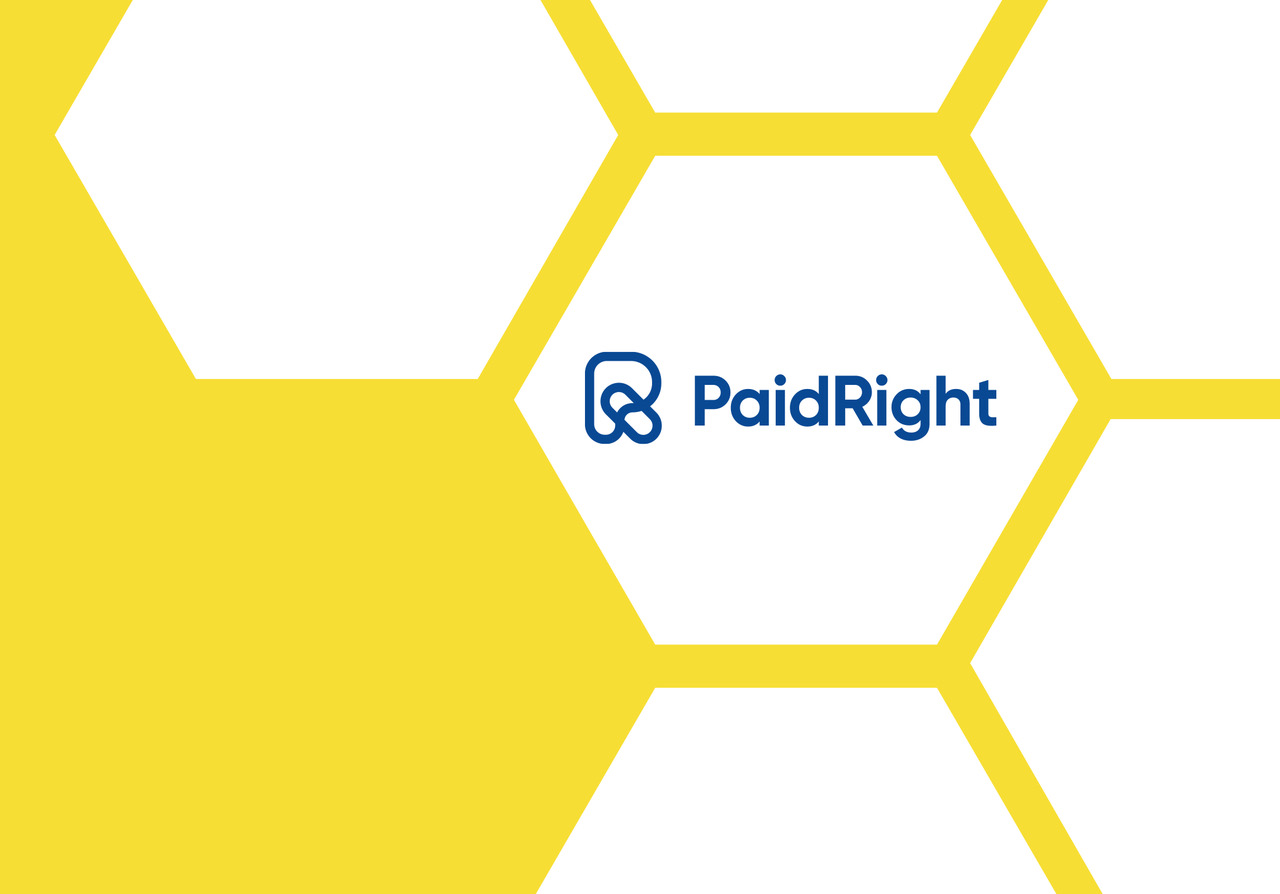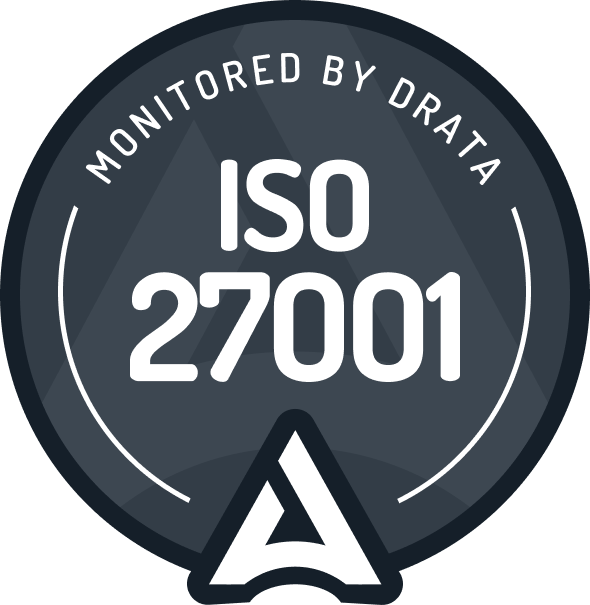Improve M&A Due Diligence with a Wage Compliance Platform

IMPROVE M&A DUE DILIGENCE ACCURACY, DURATION AND COST BY USING A WAGE COMPLIANCE PLATFORM
When it comes to mergers and acquisitions (M&A), there’s a lot on the line. Acquirers need to be vigilant about a wide array of risks that can significantly impact the success and long-term value of a transaction. Among these, wage compliance has emerged as a critical area of concern. Whether it’s the potential financial liabilities stemming from unpaid wages, the operational challenges of maintaining employee trust, or the legal and reputational risks associated with wage non-compliance, the stakes are high.
Unfortunately, traditional methods of assessing wage compliance, such as limited sampling and manual checks, often fall short. This is where a wage compliance platform comes into play, offering a more efficient, accurate, and comprehensive solution for due diligence - as well as an opportunity to deliver strategic insights for post-deal success.
Download our whitepaper on using wage compliance technology for wage compliance due diligence during m&a
The Shortcomings of Traditional Methods
Historically, M&A due diligence has relied on sampling a small percentage of the workforce over limited time periods to assess wage compliance risks. This approach, while better than nothing, is far from foolproof. Wage compliance risks are complex and often deeply embedded in payroll systems, employee classifications, and historical payment records.
The limitations of sampling mean that significant issues—such as systemic underpayments or misclassifications—can go undetected. These undetected issues can leave acquirers exposed to substantial post-transaction liabilities, which can significantly diminish the value of the deal.
“W&I insurers are increasingly seeking fulsome due diligence around the target’s key
operations. Depending on the industry, insurers may refuse coverage for high risk areas.”
Australian private M&A outlook, 2024 Edition (February 2024), Norton Rose Fulbright (source)
Moreover, wage compliance isn’t just about identifying underpayments. Overpayments, though less publicised, can also pose serious risks. Imagine the scenario where, post-acquisition, it’s discovered that employees have been overpaid due to errors in payroll calculations. Correcting these overpayments might lead to dissatisfaction, attrition, and a breakdown in trust between employees and the new management. The complexities of wage compliance are such that traditional methods, which often involve manual checking and limited data analysis, are simply not up to the task. They are time-consuming, costly, and prone to human error and oversight.
The Benefits of a Wage Compliance Platform
In contrast, a wage compliance platform offers a transformative approach to managing these risks. Leveraging advanced technology, such platforms can analyse the entire payroll and HR dataset, ensuring that every employee’s pay, classification, and benefits are thoroughly examined, across every shift and payslip. This comprehensive approach eliminates the biases and blind spots inherent in traditional sampling methods.
For instance, while traditional methods might only analyse a few pay periods for a small percentage of the workforce, a wage compliance platform can conduct full award and agreement calculations across the entire employee base. This ensures that all clauses have been applied correctly and consistently over time.
This is particularly important because even seemingly minor variations can accumulate into significant financial impacts over time. An intelligent platform further enhances accuracy by removing the risk of human error, while also speeding up the due diligence process—a critical factor when timelines are tight.
“A cursory management statement of compliance is no longer an acceptable approach. ESG considerations are increasingly front of mind for bidders and a stage 1 diligence item for private equity and strategic bidders alike.”
– M&A 2024 Outlook, Public M&A trends and strategies (November 2023), Corrs Chambers Westgarth (source)
Let’s consider a practical example: an organisation is undergoing an acquisition, and the traditional sampling method reveals a few discrepancies in overtime payments. While concerning, the limited scope of the sampling might suggest that these are isolated incidents. Even if these issues are investigated further using traditional techniques, the due diligence process is delayed and timelines uncertain.
In contrast, a wage compliance platform could reveal immediately that these discrepancies are part of a broader systemic issue affecting a large portion of the workforce over several years. The financial implications of such a discovery could be significant, and addressing them proactively could save the acquiring company millions in potential liabilities.
Strategic Insights and Risk Mitigation
Beyond its ability to detect current compliance issues, a wage compliance platform also provides valuable insights for future risk mitigation. By analysing historical data, a platform can identify patterns or trends of non-compliance. For example, it might reveal that certain departments or locations have consistently underpaid overtime due to misinterpretation of award conditions. These predictive insights allow acquirers to address potential risks before they escalate, ensuring that the transaction does not inherit problems that could erode its value over time.
“We also expect increased levels of M&A dealmaking activity in Australia and globally over the next 24 months, in line with 2021 and 2022 levels. Deals will likely be done at lower valuations as large buyers continue their focus on profitability rather than growth through acquisitions.”
– Press Release (March, 2024), Head of Corporate Finance, William Buck (source)
Moreover, a platform’s ability to generate detailed reports and visual summaries supports better decision-making throughout the M&A process. For instance, interactive dashboards can provide a visual summary of compliance across the organisation, making it easier for decision-makers to understand the scope of any issues and prioritise remediation efforts. These data-driven insights are invaluable, not only for identifying risks but also for demonstrating to stakeholders that the due diligence process has been thorough and that the company is committed to maintaining compliance post-acquisition.
This proactive approach to wage compliance risk mitigation is particularly important in today’s regulatory environment. In Australia, for instance, the Fair Work Ombudsman has been increasingly vigilant in enforcing wage compliance, with significant penalties for non-compliance. The introduction of the criminal offence of wage theft, carrying penalties of up to 10 years in prison or $1.56 million in fines for responsible officers, underscores the seriousness with which wage compliance is now regarded. Acquirers need to be confident that they are not only addressing existing issues but also putting systems in place to prevent future violations.
Employment related legal due diligence remains a key focus in consumer and retail M&A [...] The focus on employee matters (in particular, underpayment of employees) is not entirely surprising [...] Given this high-risk area, we are increasingly seeing bidders undertake underpayment analyses during the due diligence stage.
Insight - More than just window shopping: unboxing recent M&A activity in the Australian retail sector (December, 2023), Allens (source)
Long-Term Benefits and Cost Efficiency
Implementing a wage compliance platform during due diligence is not just about reducing immediate risks—it’s an investment in long-term success. By ensuring ongoing compliance post-acquisition, a platform helps prevent future legal disputes, fines, and penalties, all while fostering a culture of transparency and fairness. This proactive stance can also enhance valuation confidence, as acquirers gain a clearer picture of the target company’s financial health and compliance landscape.
Cost efficiency is another significant advantage of using a wage compliance platform. Traditional due diligence methods are labour-intensive, which can drive up costs and extend timelines. In contrast, a wage compliance platform can streamline the process, delivering more comprehensive results at a lower overall cost. This is particularly beneficial for large organisations with complex payroll systems, where the traditional approach might require extensive resources to achieve only partial insights.
Moreover, a platform’s ability to automate many aspects of compliance monitoring means that once it is implemented, it can continue to provide value long after the acquisition is complete. By continually monitoring wage compliance, a platform ensures that the company remains compliant with evolving wage laws and regulations, avoiding the need for costly and disruptive post-acquisition remediation efforts.
Conclusion: A Modern Approach to M&A Success
In today’s fast-paced, highly regulated business environment, wage compliance is too important to be left to outdated methods. A wage compliance platform offers a smarter, more reliable way to manage the risks associated with M&A transactions. By providing a complete view of wage compliance across the entire workforce, a platform not only reduces the likelihood of costly post-transaction surprises but also supports smoother integration and long-term sustainability.
For M&A managers looking to protect their investments and ensure successful acquisitions, embracing a wage compliance platform is not just a good idea—it’s a necessity. This data-driven approach ensures that you’re not only prepared to address any potential risks but also positioned to achieve a successful and sustainable acquisition. The result is a transaction that not only meets its financial and strategic goals but also upholds the highest standards of fairness and compliance, setting the stage for long-term success.




.png)


.png)













.webp)

.webp)